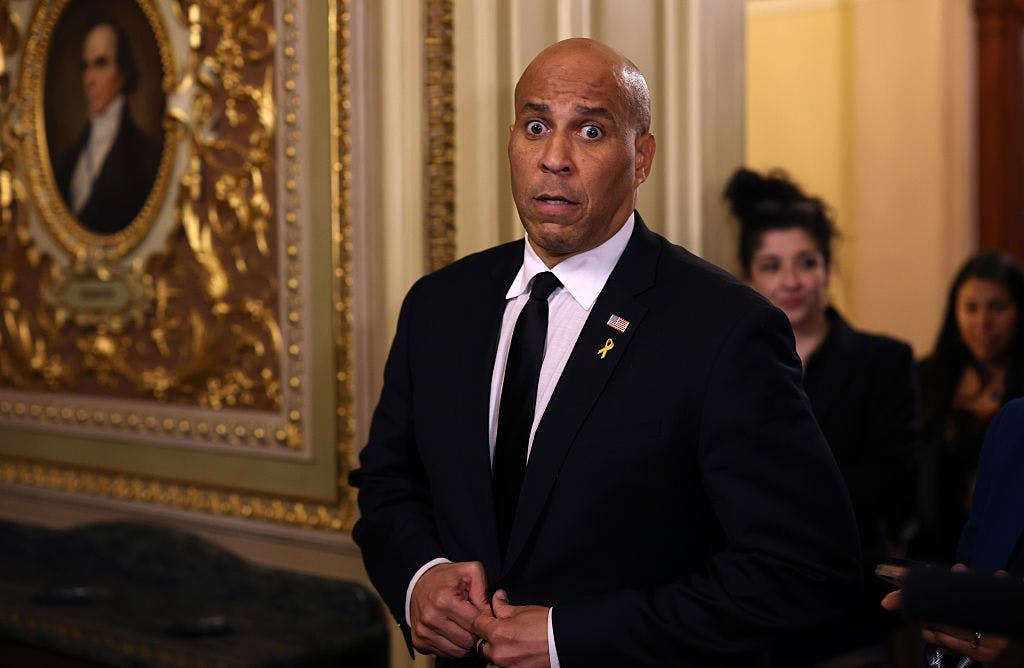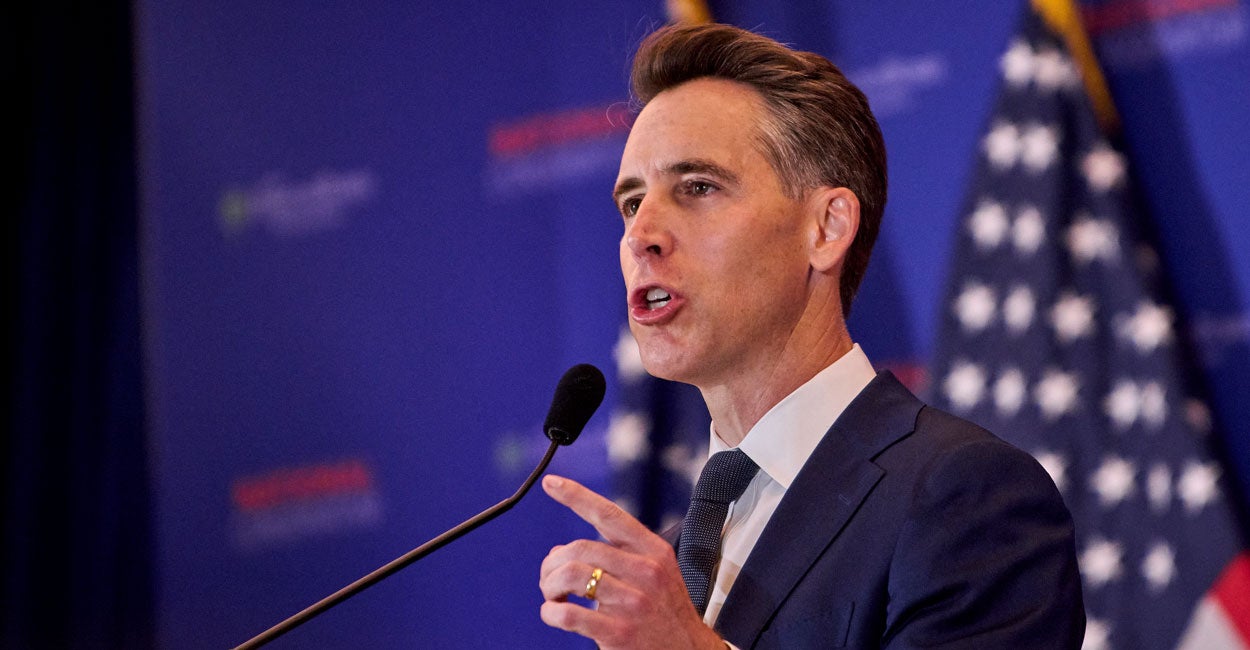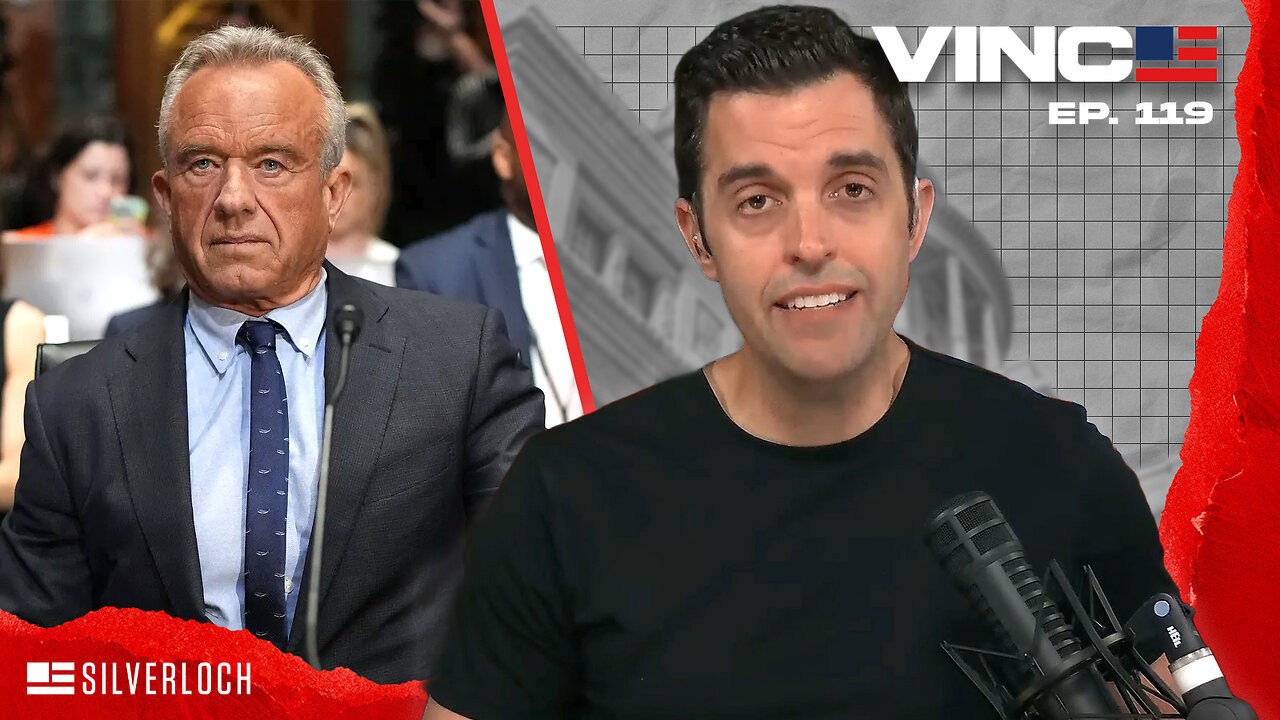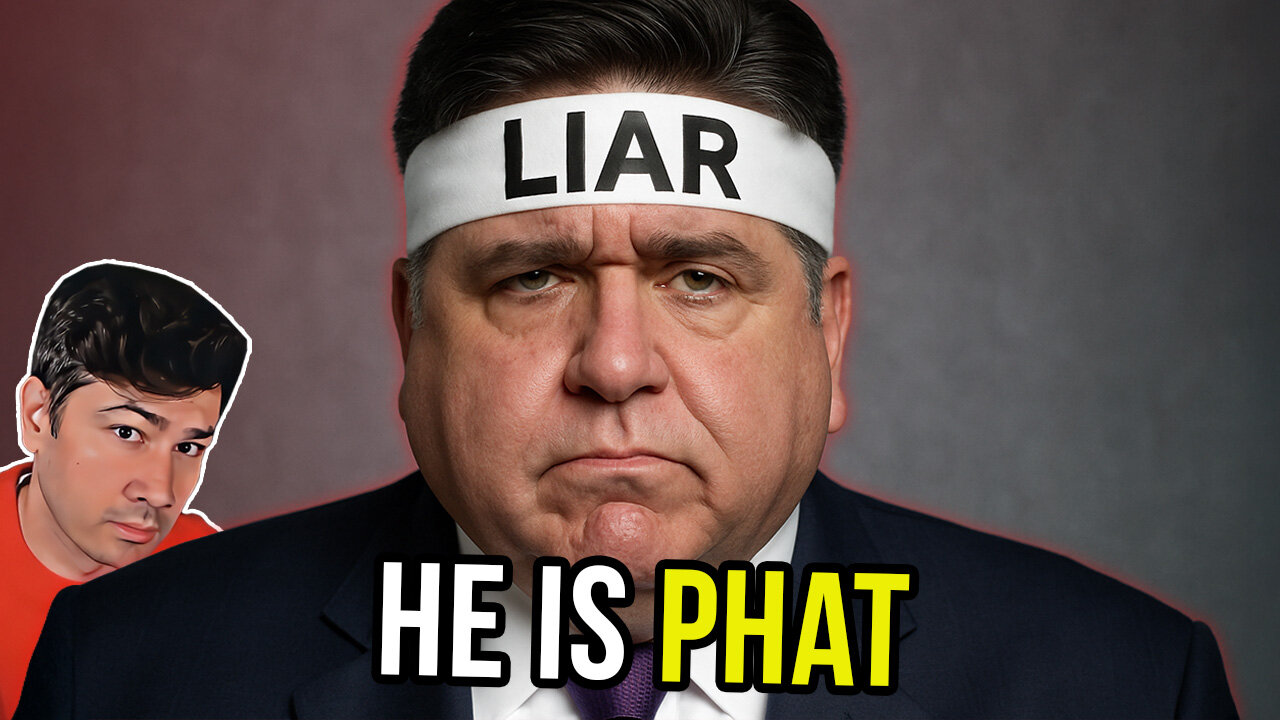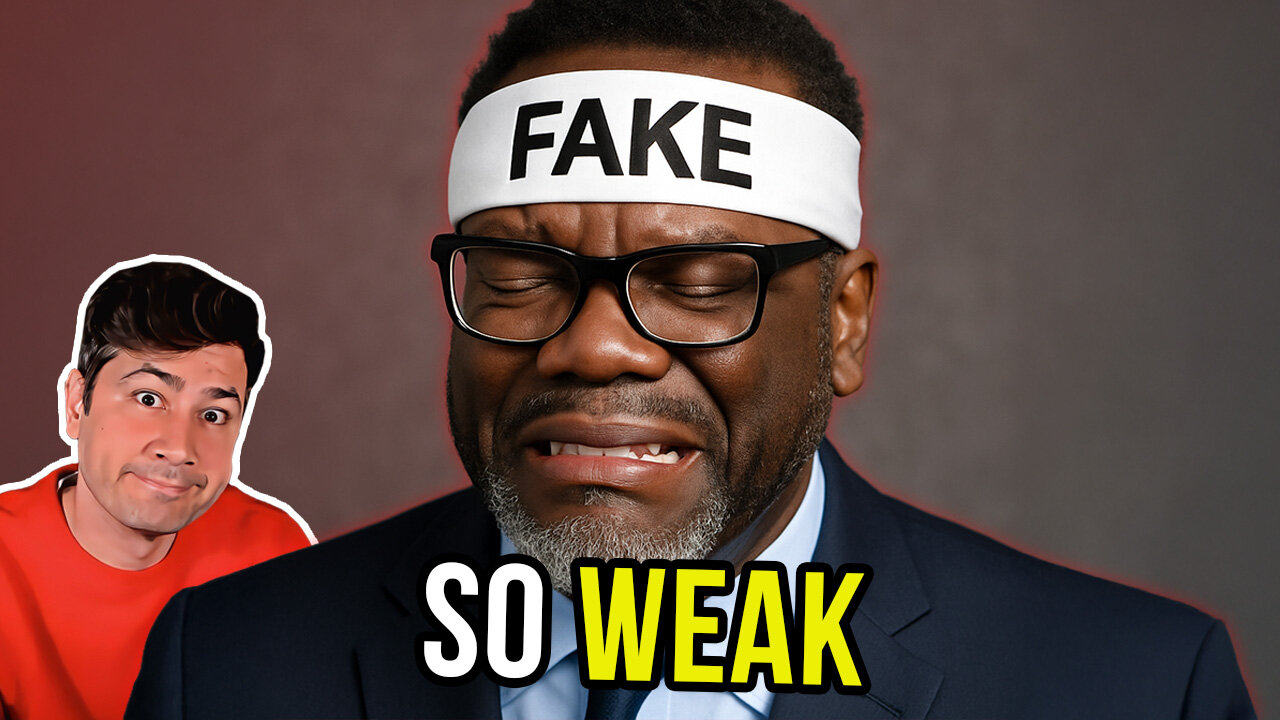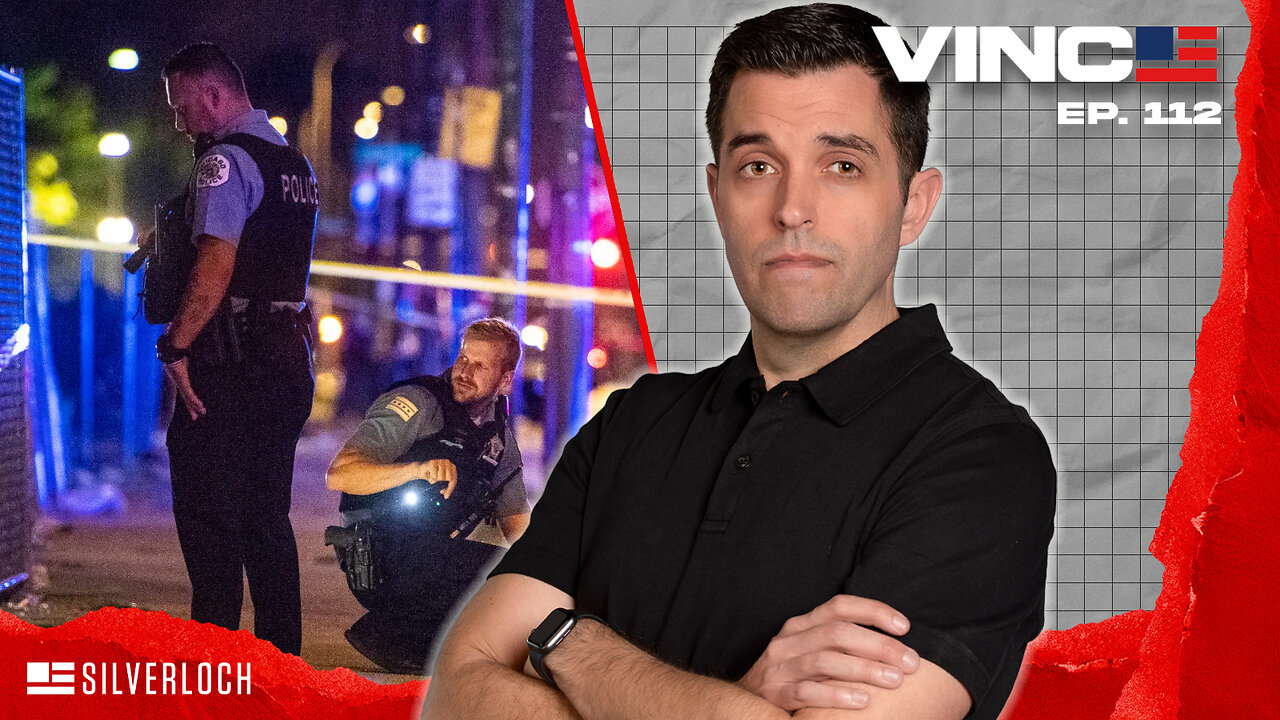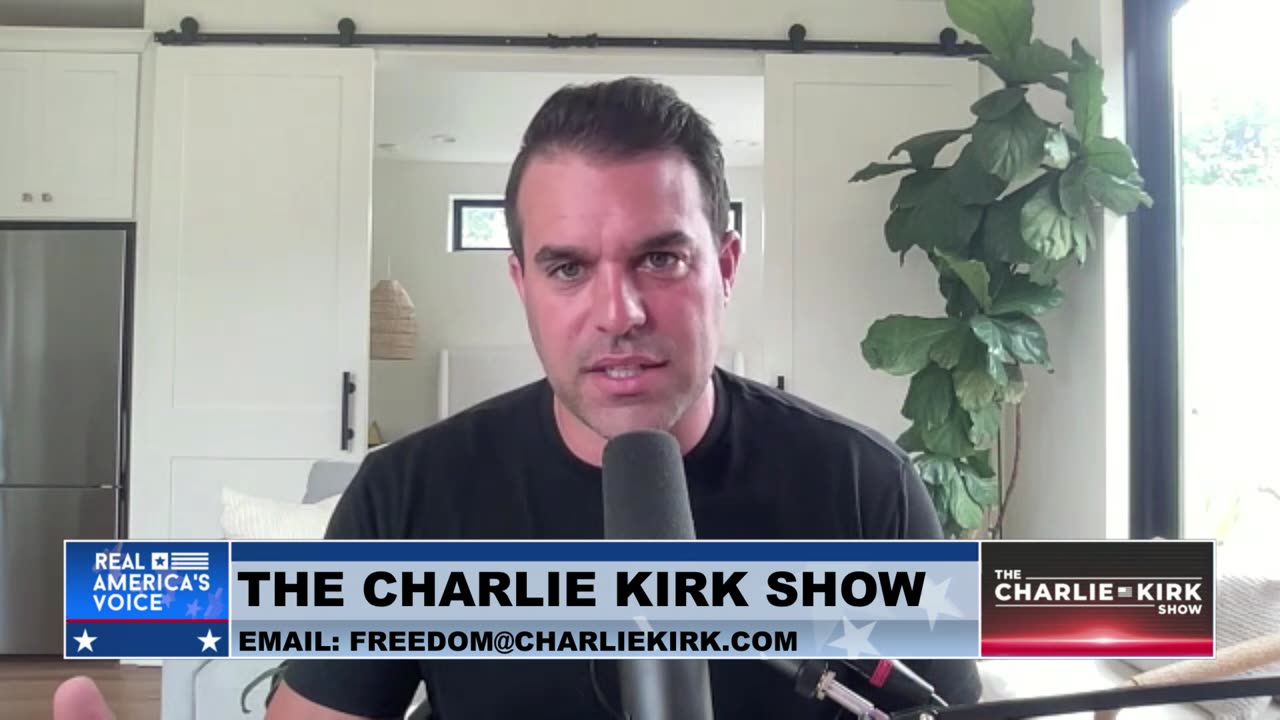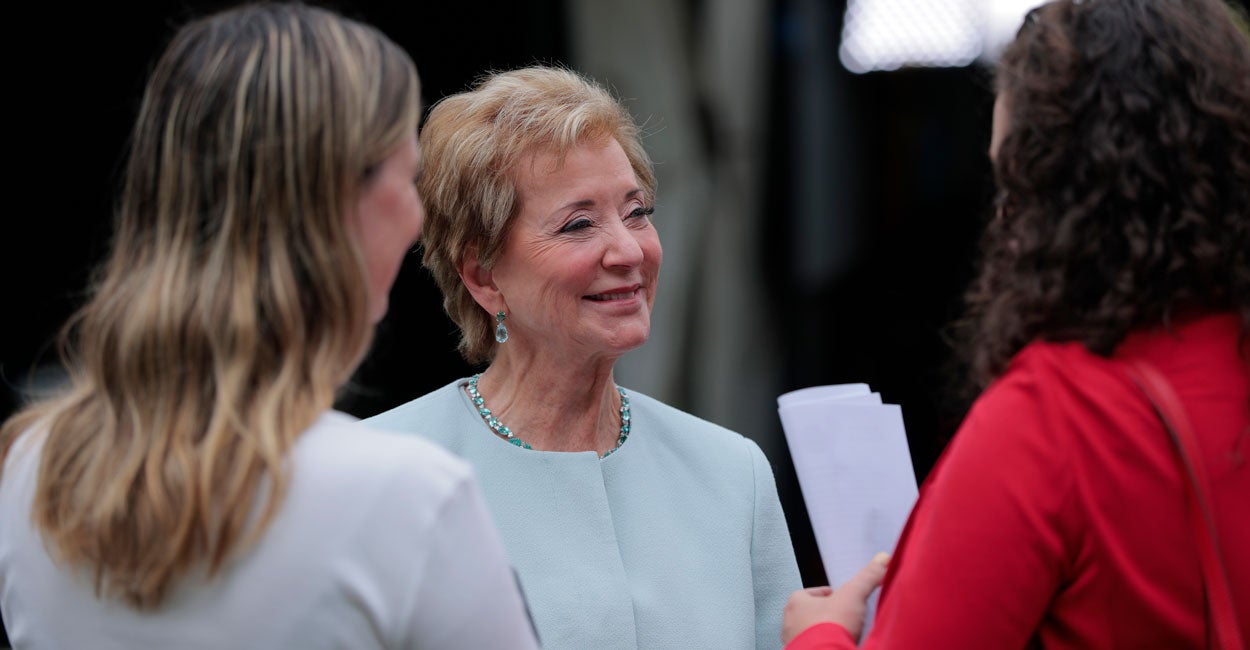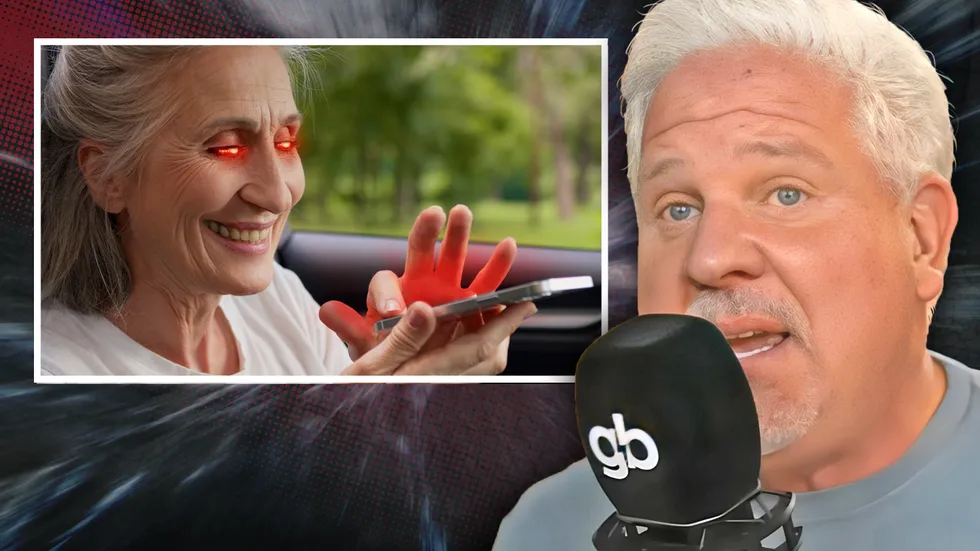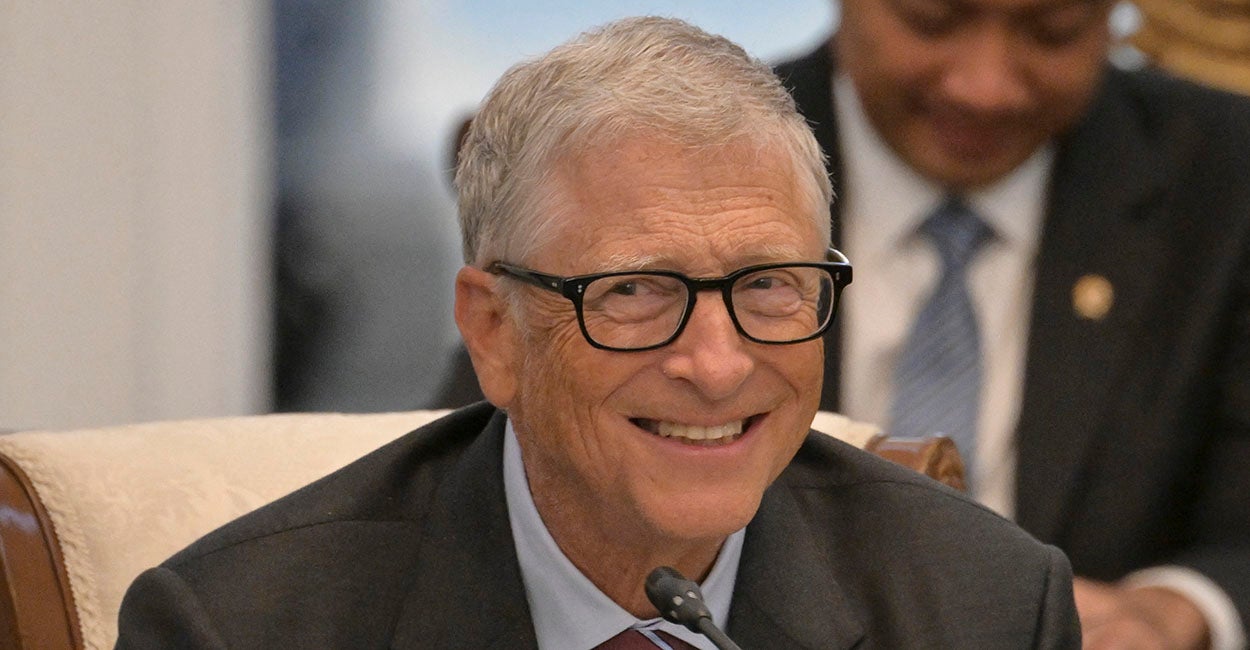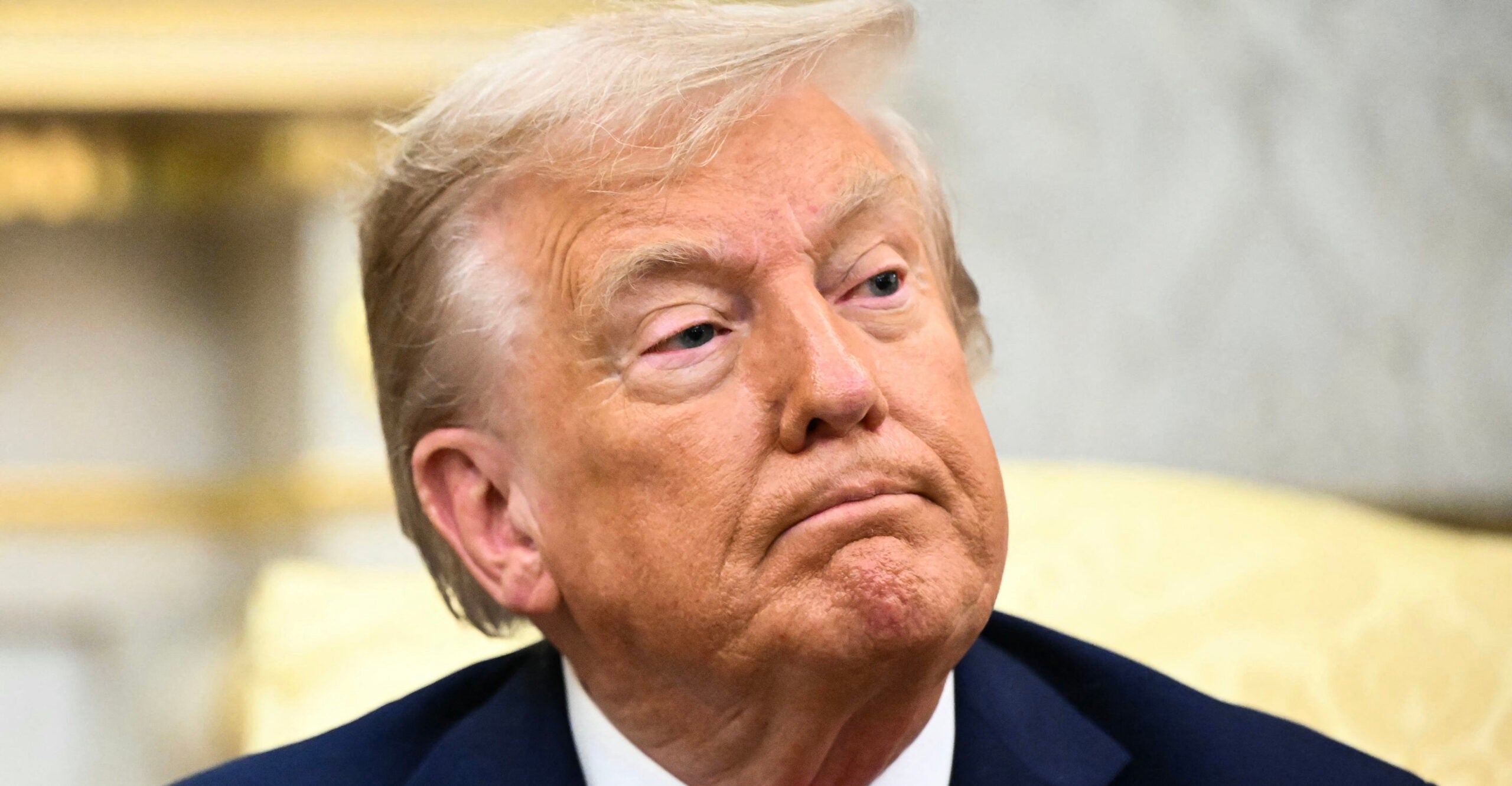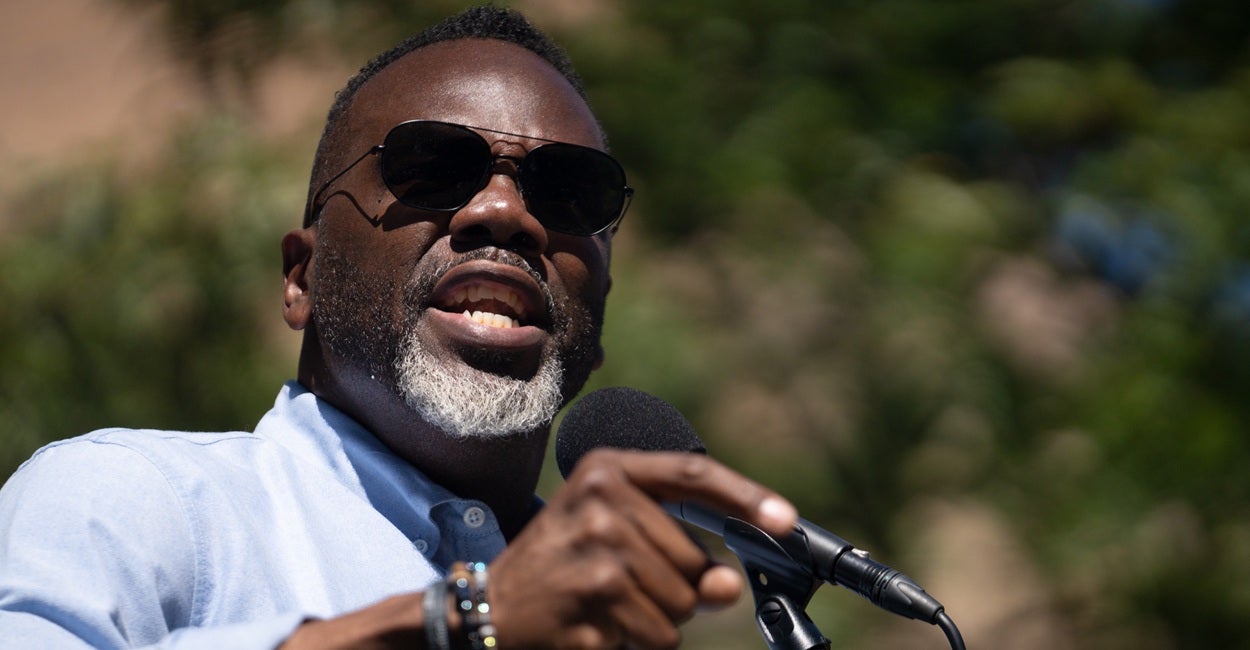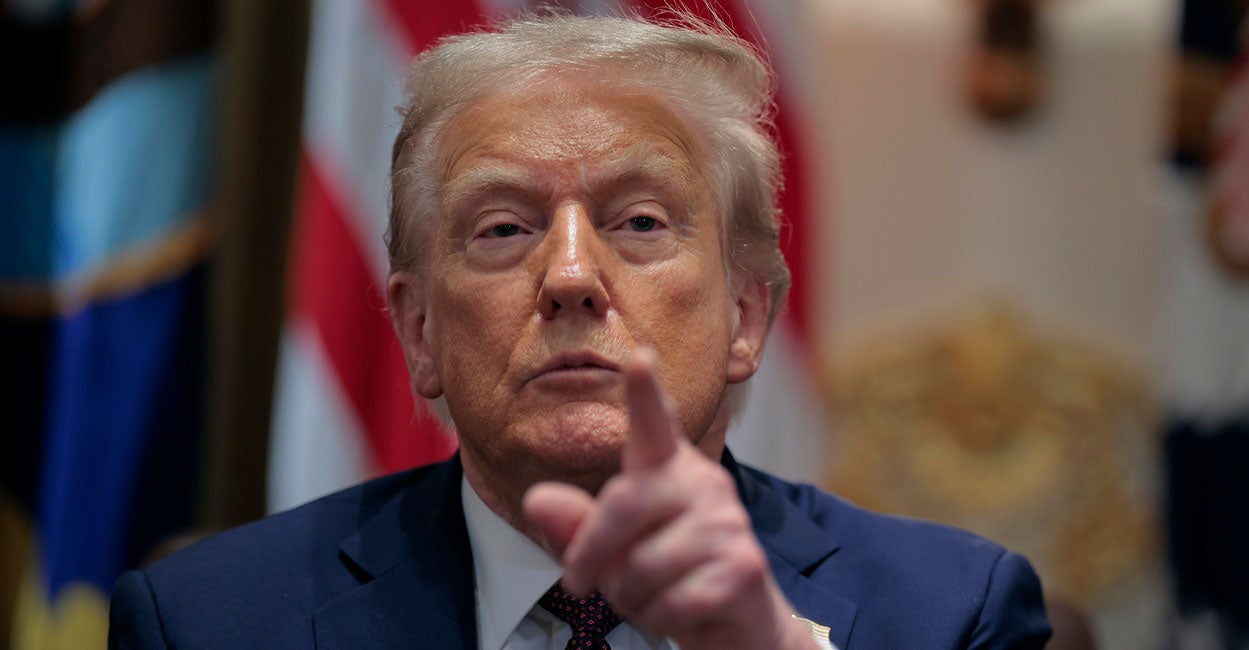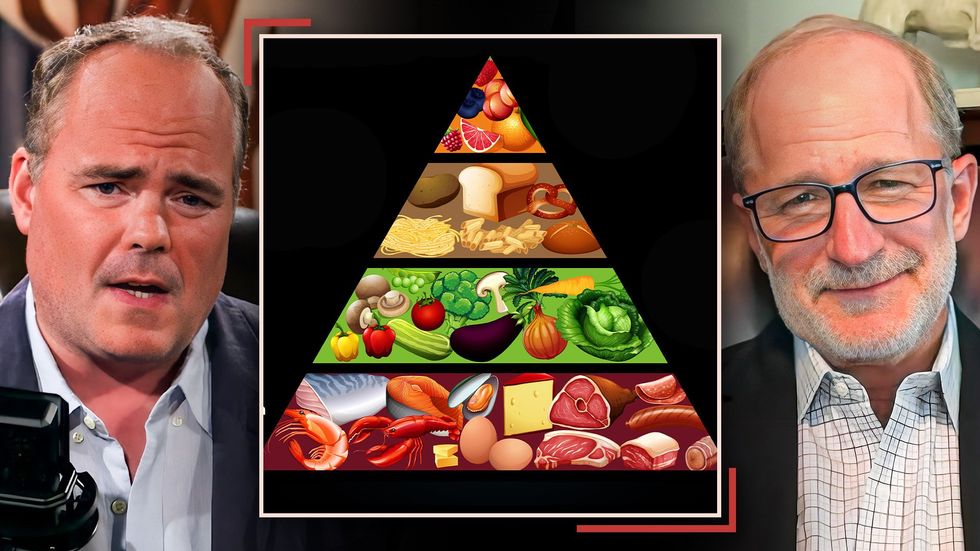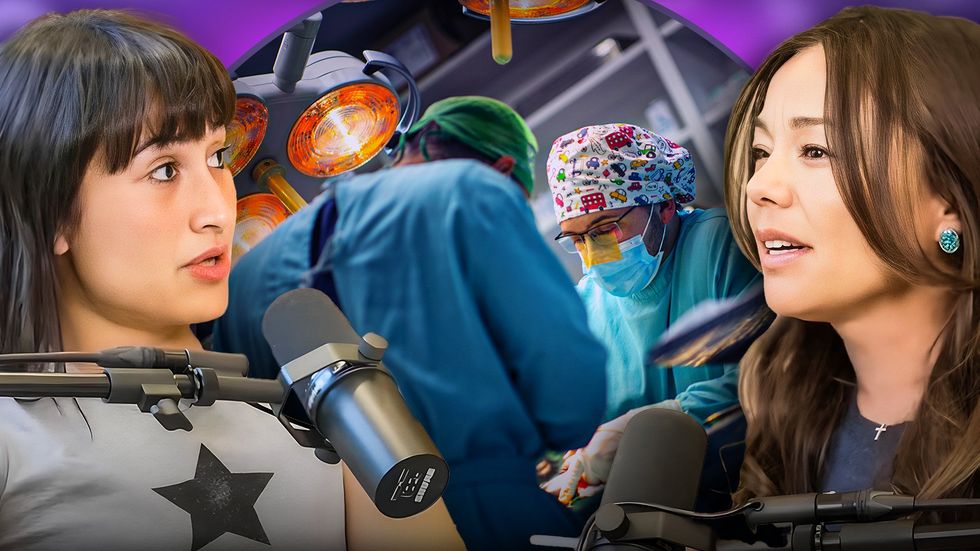The Chauvin Trial’s Dirty Secret: Shapiro Exposes D.C. Influence On Floyd Autopsy
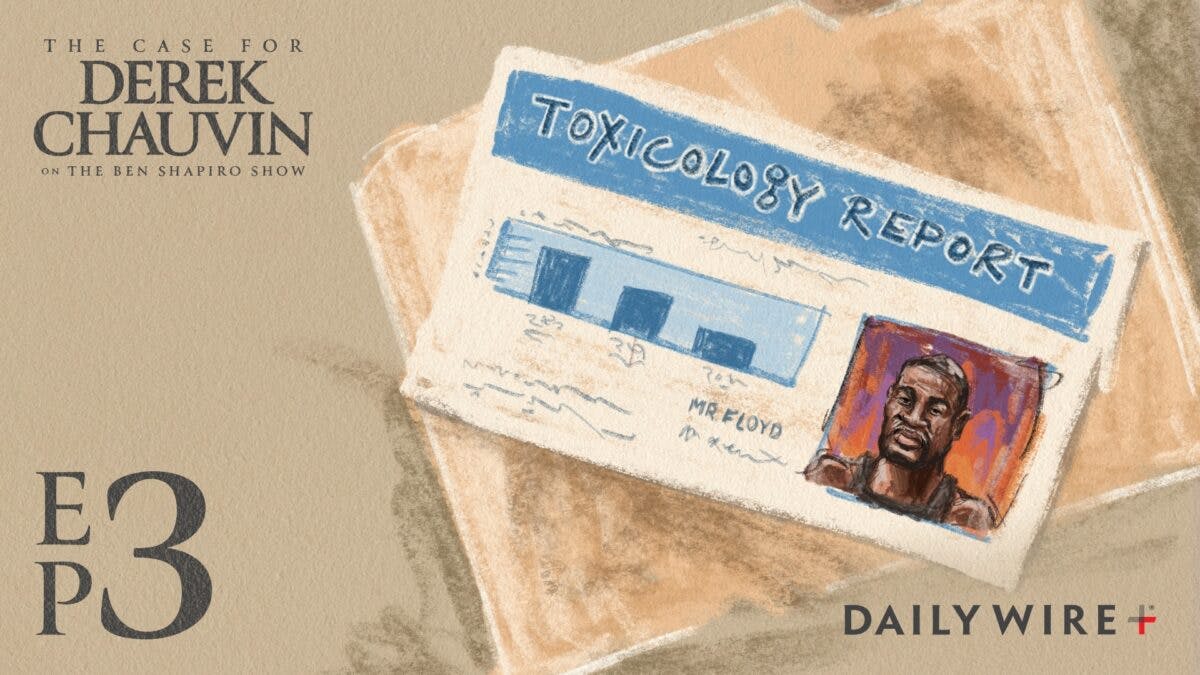
In the third episode of his groundbreaking series “The Case for Derek Chauvin,” Daily Wire editor emeritus Ben Shapiro revealed how the politically-connected former Chief Medical Examiner of Washington, D.C., dramatically influenced the Hennepin County Medical Examiner to add “neck compression” to George Floyd’s autopsy report despite initial findings that showed “no physical evidence suggesting that Mr. Floyd died of asphyxiation.”
“The facts are straightforward: Baker’s initial autopsy was conducted on May 26th, 2020, and his subsequent draft autopsy report found ‘no physical evidence suggesting that Mr. Floyd died of asphyxiation’ and ‘no medical indications of asphyxia or strangulation,’” Shapiro said.
“Then, Roger Mitchell enters the picture.”
Mitchell, a Democrat activist who also served as a D.C. deputy mayor, called Baker twice following the initial autopsy findings, according to documents filed in the case of Tou Thao, a former Minneapolis police officer and Chauvin’s colleague.
During these calls, Mitchell allegedly told Baker, “You don’t want to be the medical examiner who tells everyone they didn’t see what they saw. You don’t want to be the smartest person in the room and be wrong.”
The pressure campaign intensified when Mitchell threatened to publish an op-ed in The Washington Post critical of Baker’s findings.
“[Mitchell] said there was a way to articulate the cause and manner of death that ensures you are telling the truth about what you are observing on the body and via all of the investigation. Mitchell said neck compression has to be in the diagnosis,” the memorandum states.
By June 1, 2020, Baker had added “neck compression” to his official diagnosis, transforming the case against the officers. This revised finding enabled Minnesota Attorney General Keith Ellison, assigned to the case by Governor Tim Walz just one day earlier, to bring an additional second-degree murder charge against Chauvin.
Dr. Baker’s private concerns about external pressure were revealed in former prosecutor Amy Sweasy’s sexual harassment lawsuit deposition, where she detailed conversations with Baker in which he expressed anxiety about the case. According to Shapiro, this information further confirms the political nature of the prosecution.
As Shapiro notes, “Dr. Baker confided to Hennepin prosecutor Amy Sweasy, ‘What happens when the actual evidence doesn’t match up with the public narrative that everyone’s already decided on? This is the kind of case that ends careers.’”
The appearance of blackmail aside, Shapiro continues, “Worse yet, the Hennepin County prosecutors met with Dr. Baker to review his draft autopsy report without detectives or special agents present, violating protocol.”
“After being assigned to Chauvin’s case by Governor Tim Walz one day prior, Minnesota AG Keith Ellison utilized the revised autopsy report to bring an additional second-degree murder charge against Chauvin,” Shapiro adds. “All of these revelations, despite qualifying as Brady material, were buried at trial and were never properly disclosed to Chauvin’s defense.”
In the episode, Shapiro explores how “the detailed autopsy findings provide significant reasons to determine that Derek Chauvin did not receive a fair trial, and his conviction for murder was not supported by the medical evidence beyond a reasonable doubt.”
Watch the full episode here.
Originally Published at Daily Wire, Daily Signal, or The Blaze
What's Your Reaction?
 Like
0
Like
0
 Dislike
0
Dislike
0
 Love
0
Love
0
 Funny
0
Funny
0
 Angry
0
Angry
0
 Sad
0
Sad
0
 Wow
0
Wow
0


